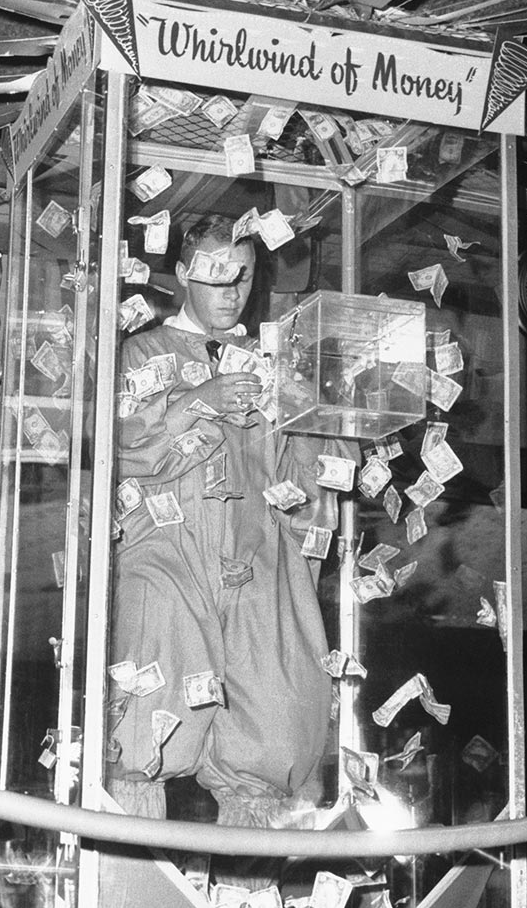英文法律词典 P-112
|
PRIVILEGE, civil law. A right which the nature of a debt gives to a creditor, and which entitles him to be preferred before other creditors. Louis. Code, art. 3153; Dict. de Juris. art. Privilege: Domat, Lois Civ. liv. 2, t. 1, s. 4, n. 1. 2. Creditors of the same rank of privileges, are paid in concurrence, that is, on an equal footing. Privileges may exist either in movables, or immovables, or both at once. They are general or special, on certain movables. The debts which are privileged on all the movables in general, are the following, which are paid in this order. 1. Funeral charges. 2. Law charges, which are such as are occasioned by the prosecution of a suit before the courts. But this name applies more particularly to costs, which the party cast has to pay to the party gaining the cause. It is in favor of these only that the law grants the privilege. 3. Charges, of whatever nature, occasioned by the last sickness, concurrently among those to whom they are due; see Last sickness. 4. The wages of servants for the year past, and so much as is due for the current year. 5. Supplies of provisions made to the debtor or his family during the last six months, by retail dealers, such as bakers, butchers, grocers; and during the last year by keepers of boarding houses and taverns. 6. The salaries of clerks, secretaries, and other persons of that kind. 7. Dotal rights, due to wives by their hushands. 3. The debts which are privileged on particular movables, are, 1. The debt of a workman or artizan for the price of his labor, on the movable which he has repaired, or made, if the thing continues still in his possession. 2. That debt on the pledge which is in the creditor's possession. 3. The carrier's charges and accessory expenses on the thing carried. 4. The price due on movable effects, if they are yet in the possession of the purchaser; and the like. See Lien. 4. Creditors have a privilege on immovables, or real estate in some, cases, of which the following are instances: 1. The vendor on the estate by him sold, for the payment of the price, or so much of it as is due whether it be sold on or without a credit. 2. Architects and undertakers, bricklayers and other workmen employed in constructing, rebuilding or repairing houses, buildings, or making other works on such houses, buildings, or works by them constructed, rebuilt or repaired. 3. Those who have supplied the owner with materials for the construction or repair of an edifice or other work, which he has erected or repaired out of these materials, on the edifice or other work constructed or repaired. Louis. Code, art. 3216. See, generally, as to privilege. Louis. Code, tit. 21; Code Civ. tit. 18; Dict. de Juris. tit. Privilege; Lien; Last sickness; Preference. PRIVILEGE, mar. law. An allowance to the master of a ship of the general nature with primage, (q. v.) being compensation or rather a gratuity customary in certain trades, and which the law assumes to be a fair and equitable allowance, because the contract on both sides is made under the knowledge such usage by the parties. 3 Chit. Com. Law, 431. PRIVILEGE, rights. This word, taken its active sense, is a particular law, or a particular disposition of the law, which grants certain special prerogatives to some persons, contrary to common right. In its passive sense, it is the same prerogative granted by the same particular law. 2. Examples of privilege may be found in all systems of law; members of congress and of the several legislatures, during a certain time, parties and witnesses while attending court; and coming to and returning from the same; electors, while going to the election, remaining on the ground, or returning from the same, are all privileged from arrest, except for treason, felony or breach of the peace. 3. Privileges from arrest for civil cases are either general and absolute, or limited and qualified as to time or place. 4. - 1. In the first class may be mentioned ambassadors, and their servants, when the debt or duty has been contracted by the latter since they entered into the service of such ambassador; insolvent debtors duly discharged under the insolvent laws; in some places, as in Pennsylvania, women for any debt by them contracted; and in general, executors and administrators, when sued in their representative character, though they have been held to bail. 2 Binn. 440. 5. - 2. In the latter class may be placed, 1st. Members of congress this privilege is strictly personal, and is not only his own, or that of his constituent, but also that of the house of which he is a member, which every man is bound to know, and must take notice of. Jeff. Man. 3; 2 Wils. R. 151; Com. Dig. Parliament, D. 17. The time during which the privilege extends includes all the period of the session of congress, and a reasonable time for going to, and returning from the seat of government. Jeff. Man. 3; Story, Const. 856 to 862; 1 Kent, Com. 221; 1 Dall. R. 296. The same privilege is extended to the members of the different state legislatures. 6. - 2d. Electors under the constitution and laws of the United States, or of any state, are protected from arrest for any civil cause, or for any crime except treason, felony, or a breach of the peace, eundo, morando, et redeundo, that is, going to, staying at, or returning from the election. 7. - 3d. Militia men, while engaged in the performance of military duty, under the laws, and eundo, morando et redeundo. 8. - 4th. All persons who, either necessarily or of right are attending any court or forum of justice, whether as judge, juror, party interested or witness, and eundo, morando et redeundo. See 6 Mass. R, 245; 4 Dall. R. 329, 487; 2 John. R. 294; 1 South. R. 366; 11 Mass. R. 11; 3 Cowen, R. 381; 1 Pet. C. C. R. 41. 9. Ambassadors are wholly exempt from arrest for civil or criminal cases. Vide Ambassador. See, generally, Bac. Ab. h. t.; 2 Rolle's Ab. 272; 2 Lilly's Reg. 369; Brownl. 15; 13 Mass. R. 288; 1 Binn. R. 77; 1 H. Bl. 686; Bouv. Inst. Index, h. t. |








